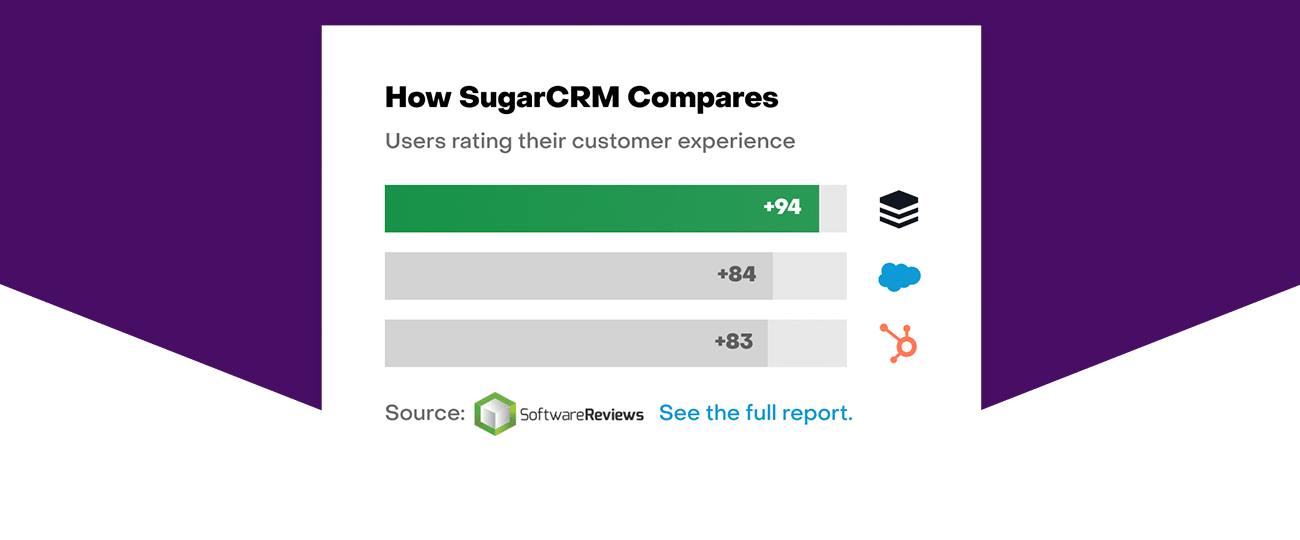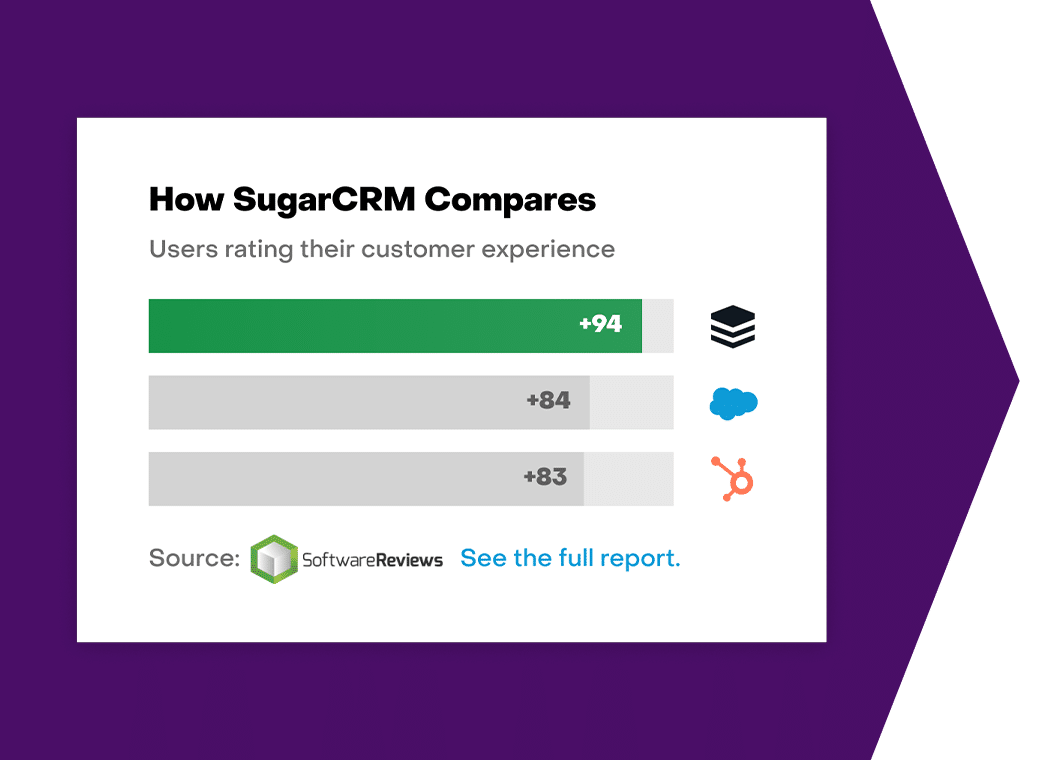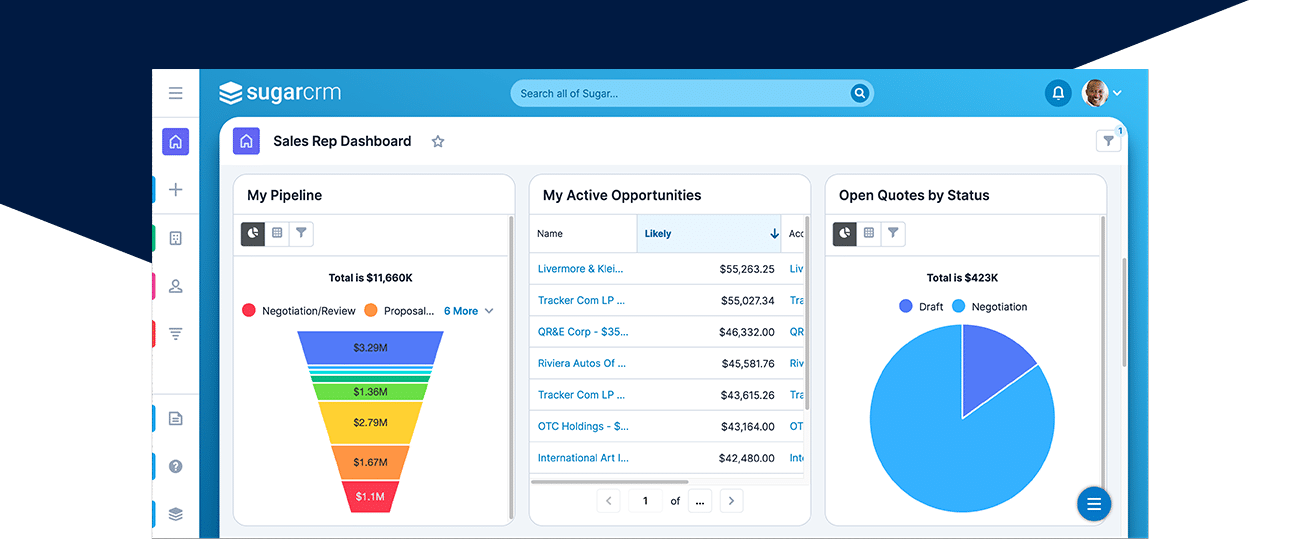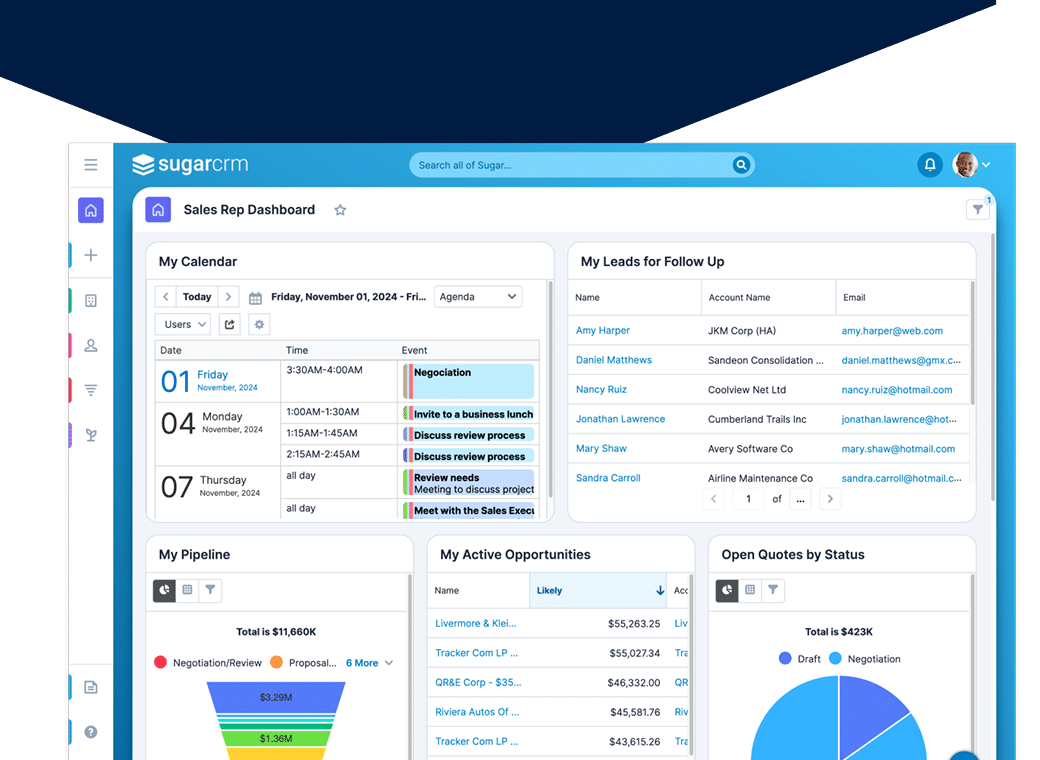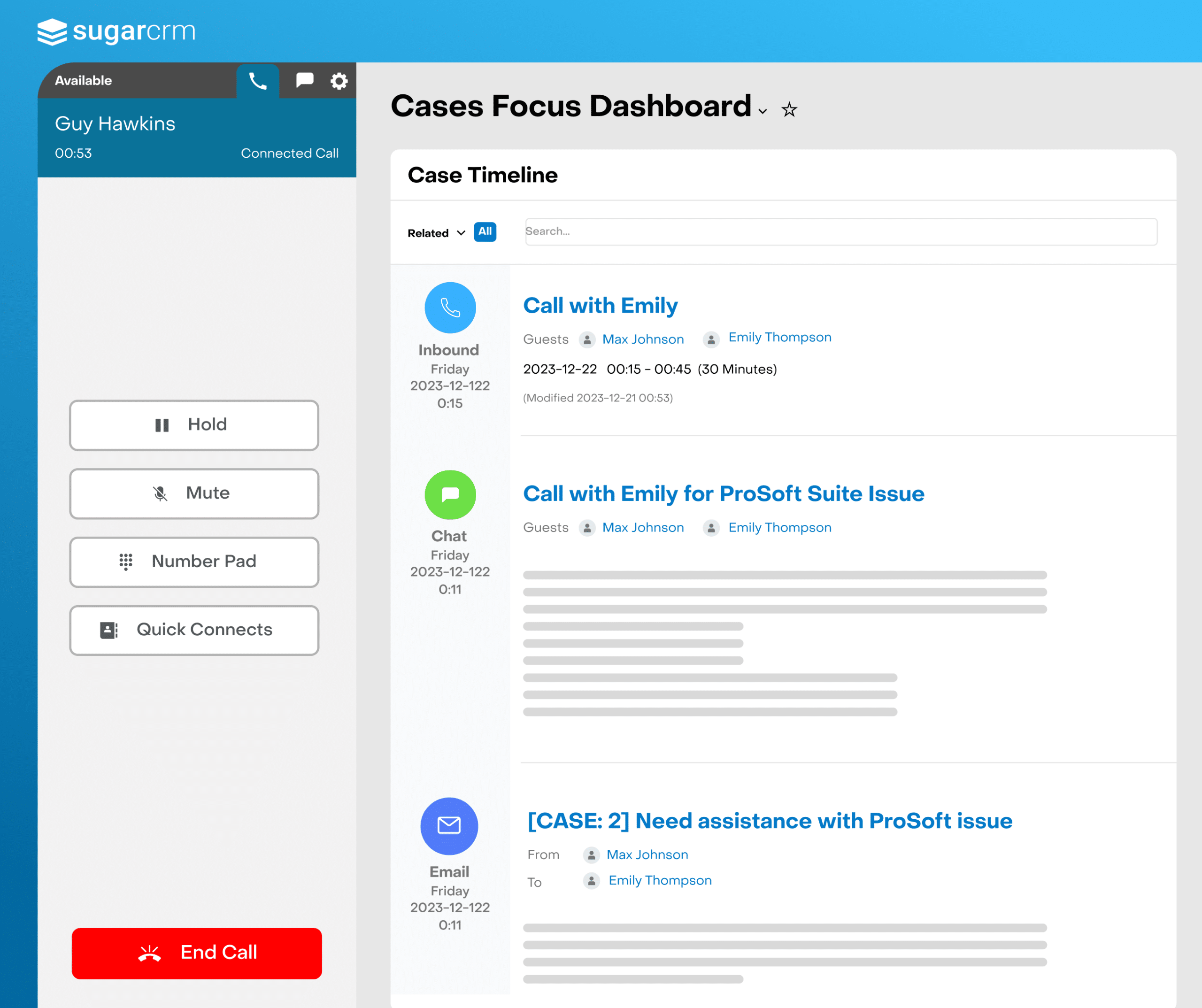CRM & Sales Automation: 7 Features Your CRM Needs
Interacting with customers is challenging regardless of the industry you work in. Over the years, CRM and sales automation tools have become the golden standard for businesses to better manage customer interactions and streamline operations. Regarding sales automation, CRM tools bear most of the load when it comes to accelerating processes and generating favorable business outcomes. Selecting the right CRM platform with core CRM features is essential to securing a good market position and enforcing your teams to be one step ahead of their customers and their needs. In order to thrive in today’s hyper-competitive market, we’ve compiled a list of 7 core automation features every CRM needs to deliver the experiences your teams and customers aim for.
What we'll Cover:
1. Sales CRM Feature #1: Sales Automation

Sales automation features inside a CRM are the main block of managing and automating sales-related operations. Modern-day CRMs that deploy sales automation features focus on highlighting the right leads and opportunities, allowing salespeople to engage with customers in a relevant and productive fashion. They also have solid pipeline management and forecasting features, offering deeper insights into revenue and potential outcomes. Here are the top three benefits offered by such technology:
- Improve win rates – Modern sales management software features use AI-generated forecasting and omnichannel capabilities to help sales reps connect with sales-ready customers using the communication channels they prefer.
- Increase adoption rates – thanks to automation, such tools can eliminate the manual labor usually involved by closing a deal and tracking customer interactions with endless integrations and a high level of customization.
- Boost sales team productivity – such tools also help the sales team increase productivity by uncovering hidden opportunities and automating and accelerating deals and renewals through streamlined BPM capabilities.
2. Sales CRM Feature #2: Account Management
In business settings, account management features are critical. They offer the necessary insights into a company and centralized data regarding past interactions. They also can make predictions based on account preferences and historical interactions, facilitating engagement and driving higher revenue. Account management features are essential, especially in the customer-centricity context that drives most business interactions.
3. Sales CRM Feature #3: Contact Management
Although accounts are the central hub that gathers data about a customer, you still have to claim that you are carrying interactions with a business as an entity. The decision-makers and deal facilitators are still humans. So, contact management features are just as important as account management features. Contact management allows companies to keep in touch with key individuals at business accounts – and easily track any type of interaction with these contacts: phone calls, meetings, emails, orders, etc.
Contact management is critical in tracking these human interactions. And when you collect and manage this data over time, the CRM system can start to understand patterns, trends, etc., and provide insights to users about who to call and when in a sales cycle to optimize results.
4. Sales CRM Feature #4: Opportunity Management
You will probably deal with multiple sales engagements between your company and an account in business settings. Keeping track and having the ability to quickly get insights into variables such as items being offered, number of units, cost per unit, and possible discounts and offers will lighten the workload of your sales teams.
Core opportunity management tools should also include integrated workflow. This helps your organization ensure that the best practices, protocols, and routes are always followed and that such interactions are standardized within your establishment. Naturally, this also helps sales teams close deals faster, reduce errors and maintain proper customer satisfaction. The key here is making it easy for sales professionals to enter, track and manage deals along the sales cycle–and keep track of every deal aspect, especially when trying to manage multiple deals in a quarter, for example.
5. Sales CRM Feature #5: Quotes Management
Simple and effective quoting tools are core CRM features you should look into. This way, you can streamline the quoting process, making it accurate and easy for your sales reps to handle. The easiest way to do this is by looking into a CRM that can be quickly integrated with a product catalog. With just a few clicks, your sales reps can select products and the number of units in order to generate accurate and reliable quotes. They can also leverage business rules and automated calculations to include discounts based on pre-configured settings. The quotes generated by the CRM should be easy to attach as a PDF to emails sent from the CRM system.
6. Sales CRM Feature #6: Forecasting

Forecasting capabilities have always been among the most sought-after features in CRMs, and for good reason. In fact, 43% of surveyed companies identified forecasting and pipeline visibility as the most important CRM-based activities.
Modern CRMs use predictive analytics and AI to uncover unique insights into your business, even without complete data. They use third-party data sources and complete internal information for more accurate predictions and forecasts. This process allows sales reps to quickly create monthly, quarterly, or any other estimates in minutes. Sales reps can follow the best path to meet their quota by enabling them to account for different scenarios and variables.
7. Sales CRM Feature #7: Sales Pipeline Management
Sales pipeline breakdown is an easy way for managers and executives to gain insights into the main revenue streams of your company. Sales pipeline management features provide a series of centralized dashboards, charts, and reports that empower your company to track the lifecycle of your leads and opportunities through various pipeline stages. Getting insights into data will generate better outcomes through data analytics and sales rep performance. They are also a great way of addressing business hardships before they become a greater issue through proper resource allocations and strategy adjustments.
If you are curious about which features can make or break a CRM tool in terms of sales automation, keep an eye on our Blog section or reach out to our team so we can discuss more!
Frequently asked questions
What strategies can sales teams use to identify the most essential sales automation features for their growth?
Sales teams should start by assessing current pain points and setting clear growth objectives that automation can address. Involving key stakeholders ensures the chosen features meet practical needs, while prioritizing user-friendly solutions aids in smooth adoption. It’s crucial to select tools with robust analytics capabilities to support data-driven decisions. Finally, testing the selected features through a pilot program allows for adjustments before full implementation.
How does sales automation improve win rates?
Sales automation improves win rates by streamlining lead management and ensuring timely, personalized outreach, which increases conversion chances. It optimizes time management by automating routine tasks, allowing sales reps to focus on closing deals. The use of data-driven insights helps teams refine strategies for better outcomes, while consistent processes reduce errors and boost reliability. Overall, these factors contribute to a higher likelihood of winning deals.
How do sales management software features like forecasting benefit sales teams?
Forecasting tools in sales management software improve decision-making by providing a clear picture of expected revenue and helping teams set realistic targets. They enhance accountability by tracking performance against goals and enable proactive risk management by identifying potential shortfalls early. Forecasting also aids in resource optimization, ensuring time and budget are allocated to the most promising opportunities. Additionally, accurate forecasts align sales, marketing, and finance teams, fostering coordinated efforts toward common objectives.


